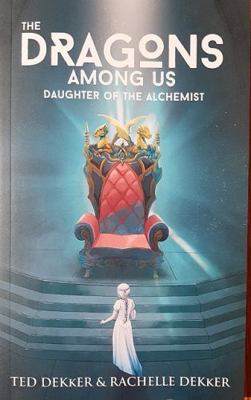Book Overview
No Synopsis Available.
Format:Paperback
Language:English
ISBN:1737867591
ISBN13:9781737867593
Release Date:October 2022
Publisher:Scripturo
Customer Reviews
5 customer ratings | 5 reviews
There are currently no reviews. Be the first to review this work.





















